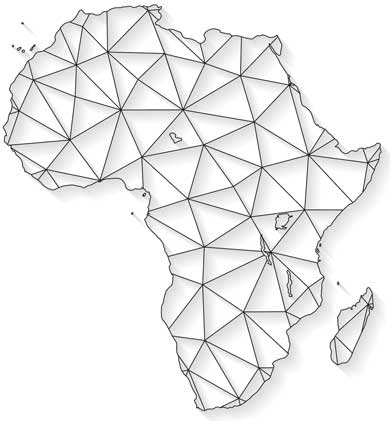Access Bank’s Zambian subsidiary announced plans for the acquisition of a 100% stake of domestic lender Cavmont Capital Holdings Zambia in mid July.
Following the collapse of Equity Bank’s plans to acquire Atlas Mara’s subsidiaries in Rwanda, Zambia, Mozambique and Tanzania in June, the deal is a sign that an anticipated Covid-19-driven spate of bank mergers may be on the cards.
Analysis by McKinsey suggests that the coronavirus crisis could result in African banking revenues falling by between 23% and 33% between 2019 and 2021.
Over the same period, African banks’ return on equity could fall by between 5% and 15%, driven by rising risk costs and reduced margins.
African banks currently have among the highest cost-to-asset ratios in the world at 4% to 5%, twice the global average.
As they cannot rely on the same level of support from central banks as European or US counterparts, the risk to balance sheets of forbearance on loan repayments and mortgages is high.
“Because of heightened asset-quality risk that will hurt liquidity and capital ratios for multiple banks, it is logical to expect you will see more bailout-type M&A deals as we go,” reckons Adesoji Solanke, director in frontier/sub-Saharan banks equity research at Renaissance Capital. Pathfinder
Bolaji Balogun, Chapel Hill Denham The Cavmont acquisition, however, is a strategic investment that will propel Access into the top tier of banks in Zambia with a lot of capital to grow, according to Bolaji Balogun, chief executive of independent investment bank Chapel Hill Denham.
It also makes sense because the firms have complimentary client bases and scale.
“Our expectation is, organically, this institution can narrow the gap on the top players,” he says.
“There is a regulatory imperative to increase capital and… what this transaction has done is create a pathfinder. Everyone is going to think more about: can domestic consolidation and M&A be the right solution to gain more market share?” Regulation Regulation will also drive bank consolidation in Africa.IFRS9 – arguably the catalyst for 2019’s Access-Diamond Bank transaction – has been adopted by the continent’s largest banks, but second-tier institutions are still phasing in the international accounting standards .“The IFRS 9 implementation substantially changed the credit position of Diamond and meant they had to raise money,” says Philip Southwell, partner at Chapel Hill Denham. “If you find an institution on the continent that is still phasing it in, it is a bit like having a sub-investment grade credit rating. It is […]
